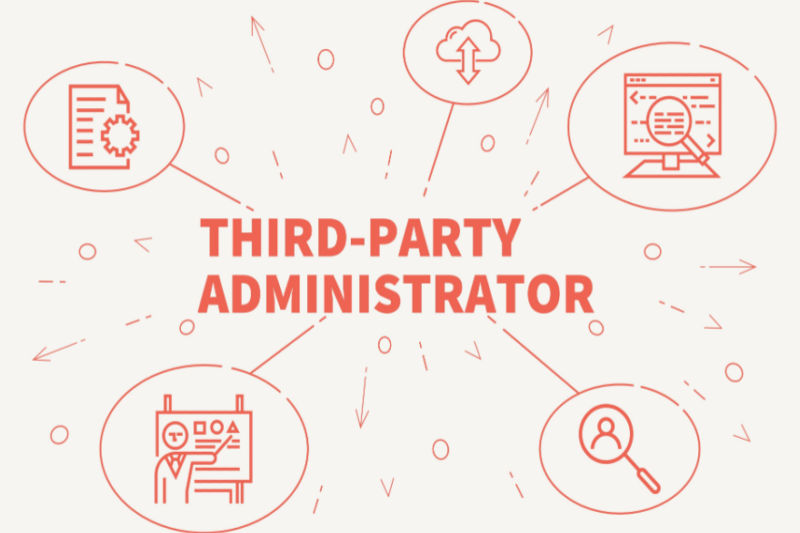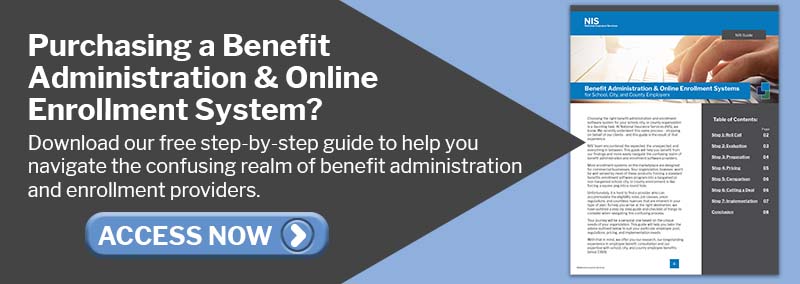2.5 minute read
Finding the right third-party administrator (TPA) can be challenging. Many organizations use a TPA to outsource their administrative and operational services. This is quite popular with employers with self-insured health plans.
Choosing the right TPA can provide an organization with responsive, flexible, and personalized service. A TPA can offer considerable knowledge and experience in administering health plans. The right TPA can improve an organization’s claim outcomes, reduce legal exposures, and lower insurance costs.
Selecting the right TPA depends on an organization’s specific health plan and related needs. There are many things to take into consideration when looking for a good fit, besides TPA’s qualifications, quality of services, and fees. Consider the following strategies when searching for a TPA:
- Understand the organization’s needs and priorities. Plans have different needs depending upon design, type, asset size, and organization. Knowing what an organization needs and setting priorities to meet those needs can go a long way. A suitable TPA will be able to provide answers to problems and resolve issues quickly.
- Determine if the TPA can meet your needs. Review each TPA’s services offered individually. By understanding their services and how they are administered, an organization can determine whether the TPA will meet its needs.
- Ensure legal compliance. Organizations should consider how a TPA remains current on the ever-changing legal developments and how it can help with compliance.
- Compare candidates. The relationship with a TPA is based on reliability, so potential candidates must be able to work well with their client. Organizations may review metrics of a TPA’s actual claim outcomes and know how fast it pays claims as well as its error rate. By comparing these metrics, organizations can select the right TPA for them.
- Check references. Ask a potential TPA for references about other clients with similar size and needs.
- Assess data security. Safeguards should be in place to handle and protect clients’ data. Verify the TPA’s security protocols and standards to determine whether the TPA is a good fit.
- Know costs. Be aware of all services offered by the TPA and know the cost of each. Ask questions about the terms of any agreement, especially fees and expenses.
Reviewing all relevant factors, quality, and cost of services can help an organization choose a TPA. It’s also important to regularly review the TPA’s performance to ensure it is meeting the organization’s needs.
Download the bulletin for more details.

